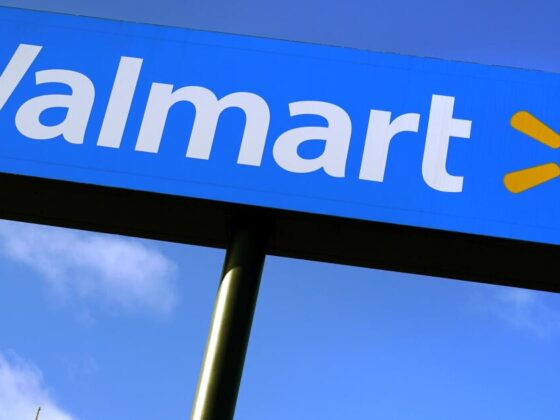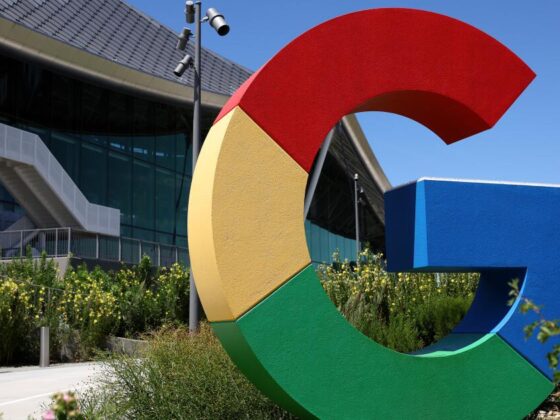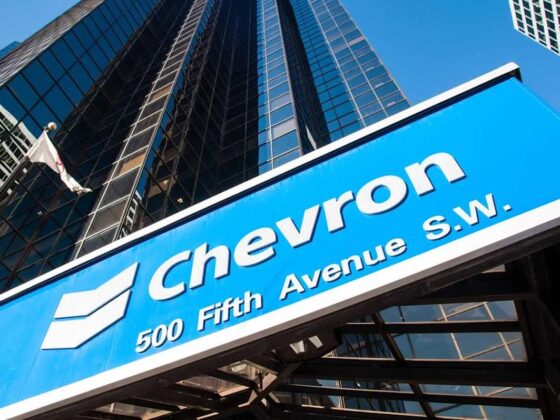The global tobacco market is expected to reach $411.35 billion in output in 2025, supported by a compound annual growth rate of 2.37% through 2029. Traditional cigarette sales, however, continue to face pressure as regulations tighten, with the World Health Organization reporting that 6.1 billion people worldwide are now covered by tobacco control measures.
At the same time, dividend-focused investors remain drawn to established tobacco companies for their steady cash flows and reliable shareholder returns. On Aug 21, Altria Group (MO) announced a 3.9% increase to its quarterly dividend, raising it to $1.06 per share from $1.02, marking the company’s 60th dividend increase in 56 years. The new annualized dividend of $4.24 per share translates into a yield of 6.3%.
This move ties directly to Altria’s dividend strategy, which aims for mid-single-digit annual growth through 2028, a plan that has consistently delivered even as the industry shifts toward reduced-risk products. With regulatory pressures building and the long-term picture for tobacco still uncertain, does Altria's enhanced dividend payout and Dividend King status make it a compelling buy at current levels? Let’s take a closer look.
Altria, the parent company behind Marlboro and other smokeable and oral tobacco products, runs a business that is built on steady cash flow from its strong U.S. tobacco franchises while slowly moving into reduced-risk alternatives. That balance has supported solid stock gains in 2025, with shares climbing nearly 30% year-to-date (YTD).
On the valuation side, MO stock still looks fairly inexpensive. It trades at a forward price-to-earnings (P/E) ratio of about 12.5x compared with the sector average near 17x, signaling modest growth without pricing in much of a premium.
Financial results from 2025 tell the full story. In the second quarter, net revenues came in at $6.1 billion, down 1.7% from the prior year, mainly due to declines in smokeable products. Still, revenues net of excise taxes edged higher by 0.2% to $5.3 billion. Reported EPS fell 36.2% to $1.41, largely due to a one-time boost in 2024 from the IQOS rights sale.
Stripping that out, adjusted EPS rose 8.3% to $1.44, driven by higher operating income and fewer shares outstanding. For the first half of the year, revenues declined 3.6% to $11.4 billion, but adjusted EPS improved 7.2% to $2.67, helped by efficiency gains, a lower adjusted tax rate, and fewer shares. Reported EPS for the half slipped 40.2% to $2.04, reflecting impairments and acquisition-related costs, though these did not impact the adjusted bottom line.













